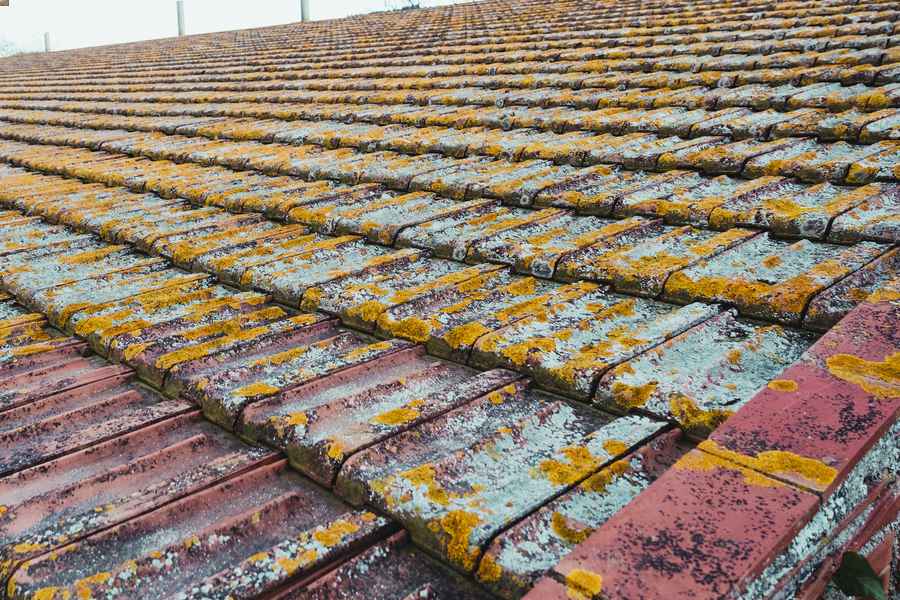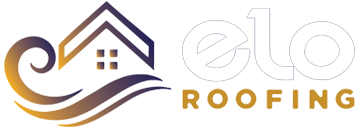Florida, particularly Jacksonville, is known for its beautiful beaches and vibrant lifestyle. However, its subtropical climate brings high humidity levels, frequent storms, and hot temperatures that can significantly affect residential roofs. Understanding the impact of humidity on roofing can help homeowners take proactive steps to extend the lifespan of their roofs while maintaining energy efficiency and curb appeal.
Understanding Humidity and Its Impact on Roofs
The Role of Humidity
In Jacksonville’s humid climate, high moisture levels can lead to various roofing issues, including mold and mildew growth. Humidity provides an ideal environment for these organisms to thrive, which can compromise the integrity of roofing materials over time.
Common Roofing Problems Related to Humidity
Mold and Mildew Growth: Excess moisture can encourage mold growth, which can damage roofing materials such as asphalt shingles and tiles. Mold affects the structural integrity and diminishes the home’s aesthetic appeal.
Water Damage: Heavy rainfall, which is common in Jacksonville, can pool water on roofs, resulting in leaks and severe water damage. If not addressed, these leaks can lead to costly repairs.
Algae Growth: In humid areas, dark streaks from algae can form on roofs, particularly on asphalt shingles. These streaks not only look unattractive but may also require cleaning or replacement of affected shingles.
Heat Stress: The combination of humidity and high temperatures can place extra stress on roofing materials, leading to premature wear and tear.
Choosing the Right Roofing Materials
Selecting the appropriate roofing material is crucial for longevity in a humid climate.
Asphalt Shingles
Asphalt shingles are common due to their affordability and ease of installation. However, they may require regular maintenance to prevent mold and algae growth.
Metal Roofs
Metal roofs are increasingly popular in humid climates because they resist mold growth and are highly durable against severe weather and storms. Additionally, they can reflect solar heat, enhancing energy efficiency.
Tile Roofs
Tile roofs offer excellent longevity and aesthetic appeal, making them a great fit for Jacksonville homes. Their hard surface also makes them impact-resistant and helps prevent mold and mildew buildup.
Energy Efficiency and Insulation
Proper Roof Insulation
Good insulation helps regulate indoor temperatures, making your home more energy-efficient. Homeowners can expect lower energy bills and increased comfort when roofs are properly insulated.
Reducing Energy Costs
During extreme humidity and heat, a well-insulated roof can significantly reduce reliance on air conditioning systems, thereby decreasing energy bills. Ventilation systems should also be considered to maintain airflow and reduce moisture buildup.
The U.S. Department of Energy’s website provides more information on energy-efficient roofing options and moisture management.
Regular Maintenance is Key
Routine Inspections
Regular roof inspections are essential for identifying potential issues before they become major problems. Homeowners should look for signs of water damage, mold, or other wear and tear.
Addressing Minor Issues Promptly
Fixing minor issues as they arise can prevent costly repairs in the future. Whether it’s a small leak or algae growth, prompt action can significantly extend the life of your roof.
Cleaning and Maintenance
Regularly cleaning your roof helps to prevent mold and algae buildup. Homeowners should consider hiring a professional roofing contractor who understands local building codes and the specific needs of roofs in humid climates.
Understanding Local Building Codes
Compliance with Building Codes
Complying with local building codes is important in Jacksonville, especially when performing repairs or upgrades. These codes ensure that your roof can withstand the severe weather conditions typical in the region. You can learn more about these codes here.
Planning for Hurricane Season
When evaluating roofing materials and maintenance plans, homeowners should consider weather patterns, especially during hurricane season. Investing in higher-quality materials will provide better protection against severe weather events.
Environmental Impact of Humidity on Roofs
Sustainability and Efficiency
Choosing sustainable roofing materials can help reduce the overall environmental impact of your home. Materials that resist algae or mold growth save on maintenance costs and contribute to a lower carbon footprint.
Longevity and Aesthetic Appeal
A roof that properly withstands humid conditions will maintain its appearance and functionality longer, enhancing your home’s curb appeal and overall value.
The Importance of Understanding Humidity’s Effects on Roof Longevity and Home Value
Living in Jacksonville, it’s essential to know how humidity affects your roof. By choosing the right materials, ensuring proper insulation, and committing to regular maintenance, homeowners can extend the life of their roofs while enhancing energy efficiency and maintaining aesthetic appeal. Taking proactive measures protects your investment and fosters a healthy and sustainable home environment. Whether you’re considering roofing options or evaluating current conditions, understanding the unique challenges posed by humidity will empower you to make well-informed decisions.
At Elo Roofing, we understand that your home is your sanctuary, and a reliable roof is essential for its protection. Whether you need a new roof or repairs or simply want to explore your options, our dedicated team is here to help every step of the way. We take pride in our commitment to quality craftsmanship, exceptional customer service, and community values. Don’t wait until the next storm hits; take the first step toward securing your home today.
Contact us now for your free estimate and experience the Elo Roofing difference!



